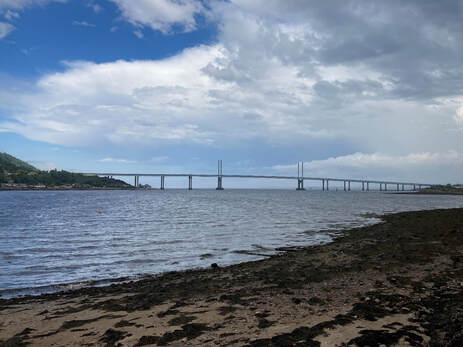|
Academia is a strange place – on the one hand it is a safe-haven for acquiring and generating innovation. This enables young people to lay the foundation for a professional career. And it generates the crucial initial knowledge through research from which economies and societies should benefit (at least that’s the idea…). On the other hand, academia is a competitive environment with a lot of comparison and a (constant) need to demonstrate that one’s work creates valuable output. Beside the requirement of publishing research output in journals, these tendencies are illustrated by university rankings. There are several. Common to all of them is that they try to measure the performance of an academic institution and compare it with others. Multiple factors like student satisfaction, quality of teaching, publishing activity and many more are summarized into point systems and then ranked by school or institution. These rankings might be just seen as a childish comparison for who is better than whom in the academic world. However, they have an impact: Firstly on the study level. Most students (or their parents) want to obtain a degree from a good university. Secondly on the research level. Researchers want to boost their CV with top ranked institutions. On the other hand, universities want to recruit the brightest minds among students and researchers. So, a high place in university rankings help both sides to find each other. However, is it possible that university rankings are sometimes overrated? How much does the reputation of an academic institution weight in a decision for or against accepting a new academic position? My own journey for obtaining a PhD degree brought me to Dundee. Dundee, you might have never heard about, is the fourth largest city in Scotland and a thriving center of studying and research. However, it is not necessarily the obvious option to progress one’s career, neither is Scotland. I myself did not really consider moving to Scotland for a position in academia. I gained my graduate degrees in the heart of Europe, in Switzerland. As I took the decision to pursue a doctoral degree, I wanted to go abroad. I was looking for positions in mainland Europe, like in Denmark, Norway, or Germany. Very briefly I considered England, but Scotland or Dundee was not on my radar. Having graduated from a top ranked university I thought another well-known university would be a good option. Until I came across that advertised PhD position situated in bonny Dundee in Scotland…. Without going into the details, I moved to Scotland and really enjoy my position here. The time in Dundee has made me realize that a choice for a good next career step depends on so much more than the “fame” of an employer or an academic institution. I think it is good to aim high and to pursue positions which are hard to get into. It is not all though. The specific situation of a project, a job or a position weighs more. Because, if the circumstances are good, like having a supporting team, an interesting work and motivating managers, personal success is more likely. On the other hand, trusting in the good reputation of a high-ranked institution might not yield the desired result, not for the work and not for the CV. The circumstances could be different than expected, like having a challenging team constellation or not ideal research infrastructure. Therefore, I conclude that one should consider as many aspects of a new position as possible before accepting. Evaluating an academic institution purely by its ranking does not tell the entire story. To me, it is far more important to look for a good project with a harmonizing team. A few words about academia in Scotland at last: It might not be the first consideration for working or studying in the UK, but Scotland has quite a lot to offer. There are great university institutions, and also major regional centers of innovation. Dundee for example has an excellent medical school with strong academic teaching, a lot of research and many connections to industry partners, (and a good ranking!). So, the country has a lot to offer and is worth a consideration for one’s next career position. AuthorLukas Markwalder is an Early Stage Researcher of iPlacenta. Read his earlier blog post here. Leave a Reply. |
About the blogBeing a PhD student in a European training network is a life-changing adventure. Moving to a new country, carrying out a research project, facing scientific (and cultural) challenges, travelling around Europe and beyond… Those 3 years certainly do bring their part of new - sometimes frightening - but always enriching experiences. Categories
All
Archives
December 2021
|



 RSS Feed
RSS Feed

30/8/2021
0 Comments